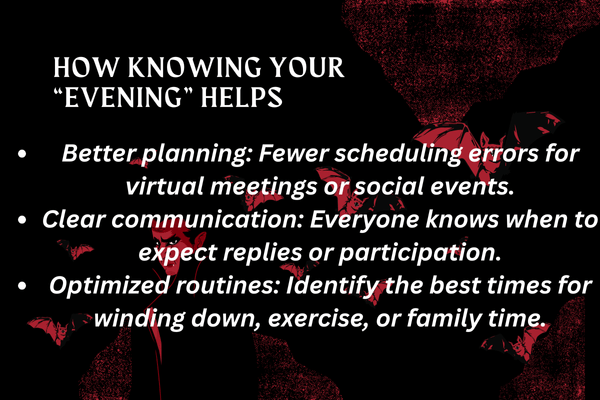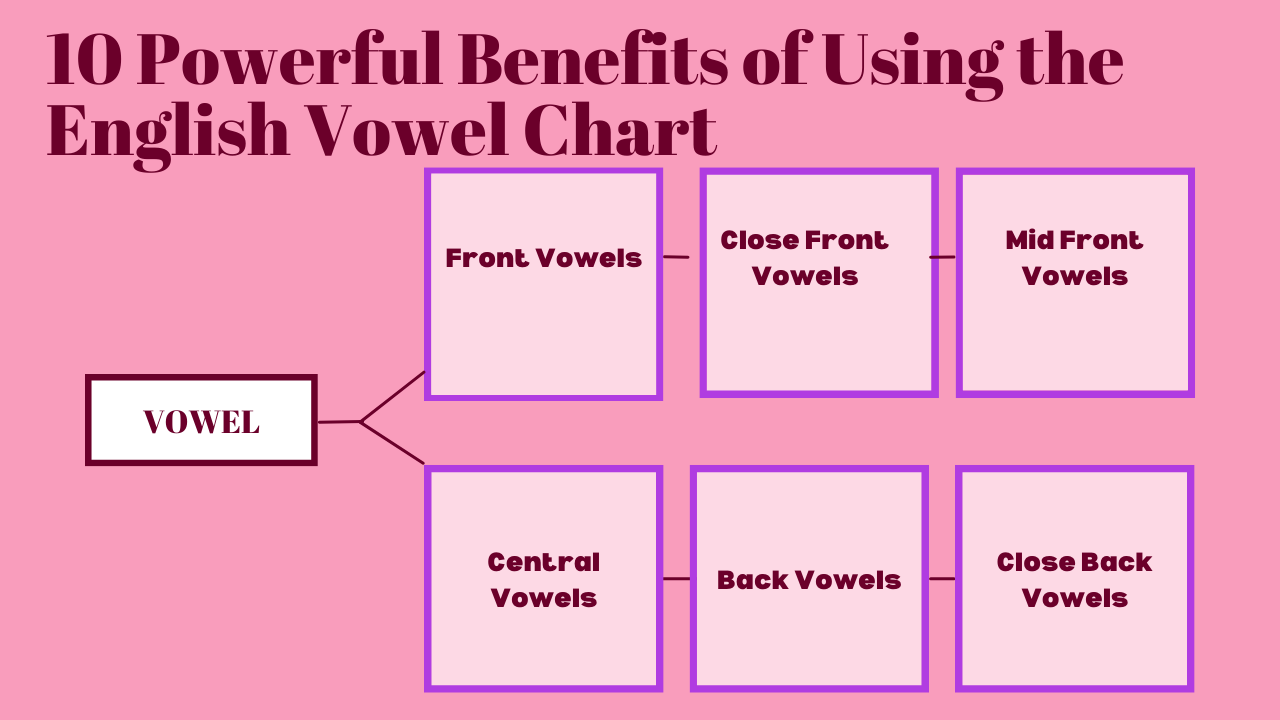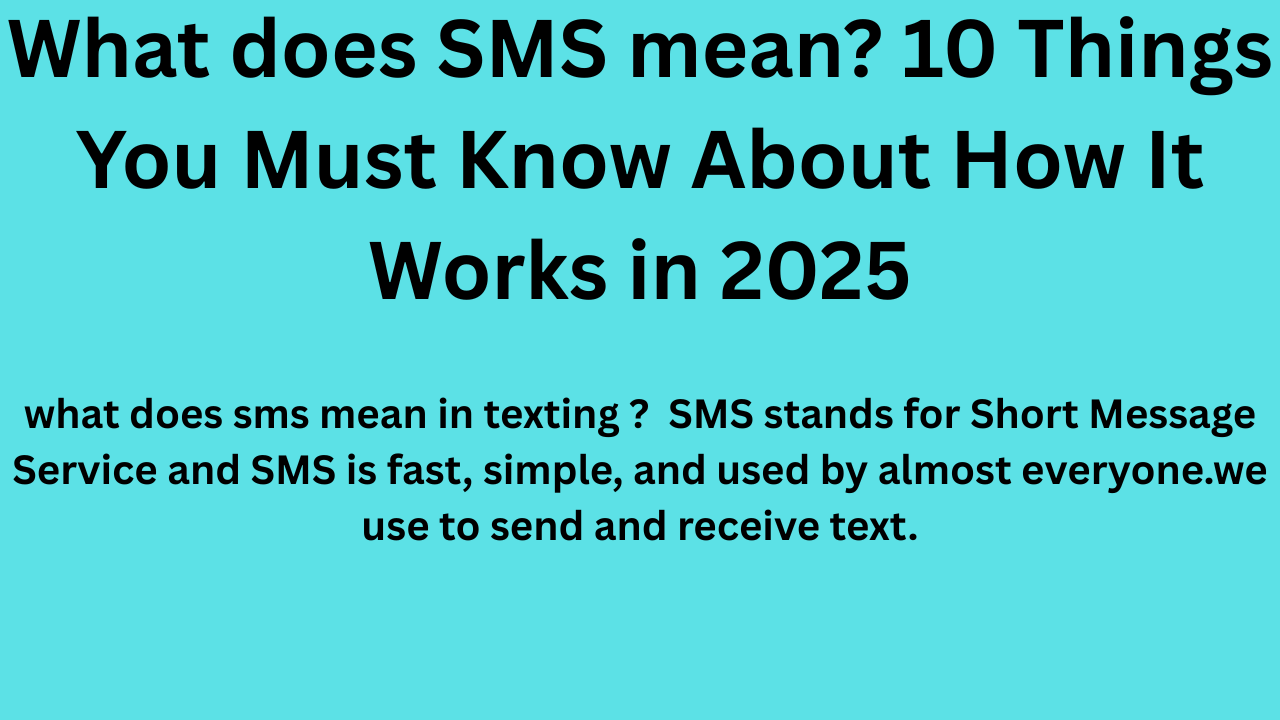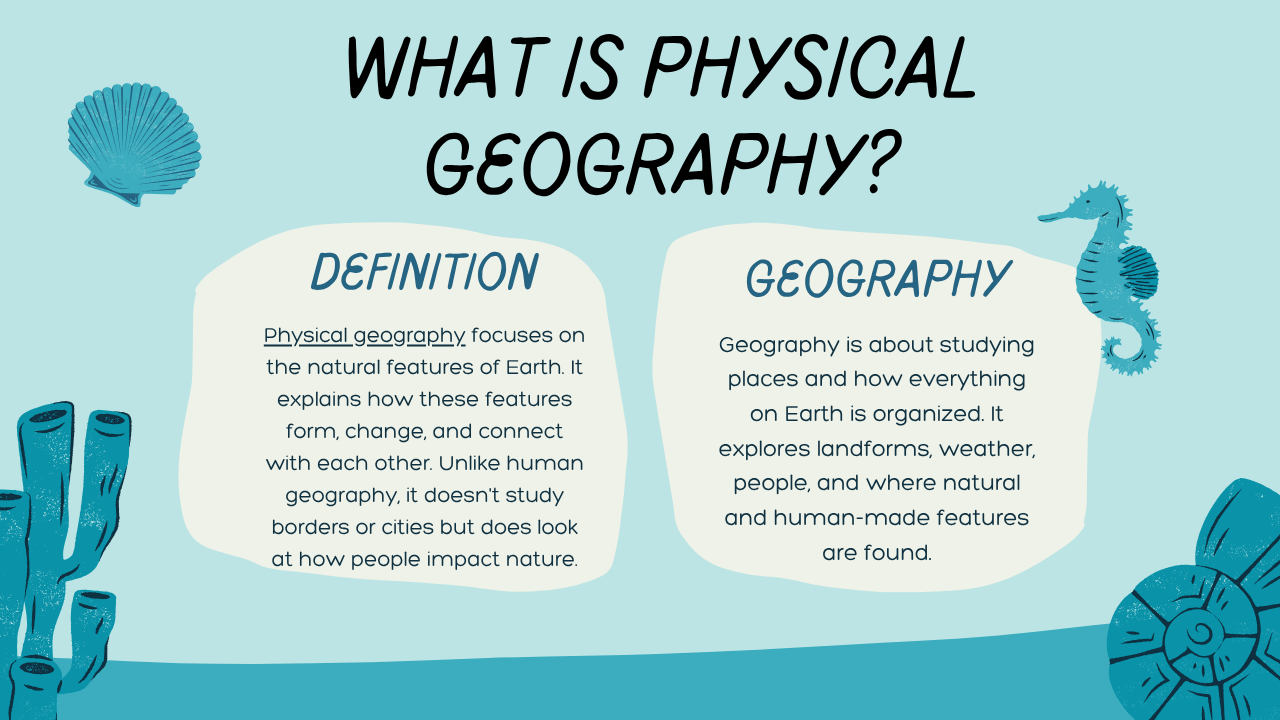When someone asks, “What time is evening,” the answer isn’t as clear as you might think. The word “evening” can refer to a specific window of time-based on astronomy, a flexible social construct shaped by daily routines, or an entirely different slot depending on where you are in the world. This blog breaks down the definition of evening using science, culture, and practical implications so you can plan your time with more precision and confidence.
Why “What Time is Evening” Is Not a Simple Question
The concept of evening is fluid. It might mean 6 PM for one person and 9 PM for another. It often depends on the context:
- Cultural habits (such as meal times and daily schedules)
- Geographical location (since the sun sets at different times)
- Astronomical markers (based on the sun’s position below the horizon)
If you’ve struggled to nail down exactly what time is an evening for meetings or events, you’re not alone. By the end of this post, you’ll have a nuanced take on the definition of evening and how it applies to you.
What Time Is Evening? Astronomical Definition
Astronomically, the evening begins at sunset and stretches through three twilight phases before true night starts. The sun is no longer above the horizon, but there’s still residual light.
Understanding the Twilight Phases
Below is a helpful breakdown of evening by astronomical twilight:
| Twilight Phase | Description | Time After Sunset (Approximate) |
|---|---|---|
| Civil Twilight | Sun just below horizon; enough light for outdoor activities. | 0 to 30 minutes |
| Nautical Twilight | Some artificial light needed; horizon faint but visible. | 30 to 60 minutes |
| Astronomical Twilight | Faintest natural light before the sky goes fully dark. | 60 to 90 minutes |
Key takeaways:
- Civil twilight marks the start of the evening with sufficient light.
- Nautical twilight follows, requiring some artificial lighting.
- Astronomical twilight is the last trace of natural light before night.
Understanding this sequence helps pinpoint what time is evening based on the sun’s movement, not just the clock.
Societal and Cultural Norms of Evening
While science gives us one definition, society offers many more. For most, the evening is less about sunset and more about what’s happening in daily life.
How Activities Drive Our Sense of Evening
Activities like dinner, socializing, and winding down commonly define evening hours. Here’s how different activities get slotted into the evening, depending on personal and social norms:
| Activity | Typical Time Frame | Notes |
|---|---|---|
| Dinner | 6:00 PM – 8:00 PM | Varies by culture and family routines |
| Social Events | 7:00 PM – 10:00 PM | Later on weekends and special occasions |
| Relaxation/Leisure | 8:00 PM – 11:00 PM | Unwinding, personal hobbies, or family time |
| Bedtime | 9:00 PM – 12:00 AM | Highly dependent on age and lifestyle |
These varying activities show why the question “what time is evening” can receive many correct answers.
Common Time Frames for Evening
When surveyed, people in English-speaking countries usually identify “evening” as:
- 6 PM to 9 PM: Most common window for typical evening activities.
- Some stretch to 10 or even 11 PM, especially if including late dinners or social events.
For daily use, these bullet points summarize common understandings:
- The evening begins around 6 PM.
- The evening ends around 9-10 PM, transitioning into night.
- Work emails marked as “will reply by evening” usually expect a response by this window.
Regional and Cultural Variations in Defining Evening
“What time is evening?” isn’t answered the same way everywhere. Regional habits, daylight patterns, and traditions all play a role.
- Southern Europe (like Spain): Dinner is late (often after 9 PM), shifting the evening forward.
- Nordic countries: Evening could start earlier, especially in winter when darkness falls as early as 3 or 4 PM.
- Middle East: Evening prayers, social time, and cooler temperatures make the evening begin later.
These examples show that while evening appears straightforward, the definition flexes to fit local culture and climate.
Practical Implications of Understanding When Evening Starts
Why does it matter what time it is evening? People schedule meetings, arrange calls, or set deadlines based on assumed shared definitions. Getting the timing wrong can cause confusion or inconvenience.
How Knowing Your “Evening” Helps:

- Better planning: Fewer scheduling errors for virtual meetings or social events.
- Clear communication: Everyone knows when to expect replies or participation.
- Optimized routines: Identify the best times for winding down, exercise, or family time.
Example:
If you work with an international team, specifying a time zone or using universal times (“8 PM local time” or “after sunset”) avoids headaches.
Evening Time Frames by Activity
| Activity | Typical Time Frame | Notes |
|---|---|---|
| Dinner | 6:00 PM – 8:00 PM | Varies by culture and family routines |
| Social Events | 7:00 PM – 10:00 PM | Later on weekends and special occasions |
| Relaxation/Leisure | 8:00 PM – 11:00 PM | Unwinding, personal hobbies, or family time |
| Bedtime | 9:00 PM – 12:00 AM | Highly dependent on age and lifestyle |
Evening Definitions by Astronomical Twilight Phase
| Twilight Phase | Description | Time After Sunset (Approximate) |
|---|---|---|
| Civil Twilight | Sun just below horizon; enough light for outdoor activities. | 0 to 30 minutes |
| Nautical Twilight | Some artificial light needed; horizon faint but visible. | 30 to 60 minutes |
| Astronomical Twilight | Faintest natural light before the sky goes fully dark. | 60 to 90 minutes |
Frequently Asked Questions (FAQs) About Evening
- Q: Is evening the same as night?
A: No, evening is the transition from day to night and comes before nighttime begins.
- Q: Does the definition of evening change with the seasons?
A: Yes, daylight hours shift throughout the year. The evening starts earlier in winter and later in summer.
- Q: How do different cultures define evening?
A: Cultural traditions affect timing; for example, late dinners in Spain push the evening forward.
- Q: What role does sunset play in defining evening?
A: Sunset signals the start of the evening in astronomical terms, though daily schedules can override this in practice.
- Q: Are there specific activities that are universally associated with the evening?
A: Dinner, relaxation, and preparation for sleep are often considered evening activities, but their timing depends on the culture.
Wrapping Up: Redefining What Time Is Evening for Your Life
“What time is evening” depends on astronomy, culture, and personal routines. Whether you’re organizing an international call or just trying to decide when to have dinner, understanding these variables can make your planning smoother.
Action Steps:
- Use “evening” with a specific time or activity in communication to avoid confusion.
- Adjust your expectations when traveling or coordinating across cultures.
- Refer to astronomical times if you want to align with scientific definitions.
Curious to learn more about daily time definitions and scheduling hacks? Explore our resources for time zone converters, productivity tips, and global daily routines for better planning.
World Time Buddy – Time Zone Converter
Use this tool to easily manage time zones and schedule activities efficiently across different regions.
The Science of Circadian Rhythms – National Institutes of Health
Learn more about the science behind daily rhythms and how they influence evening activities.







